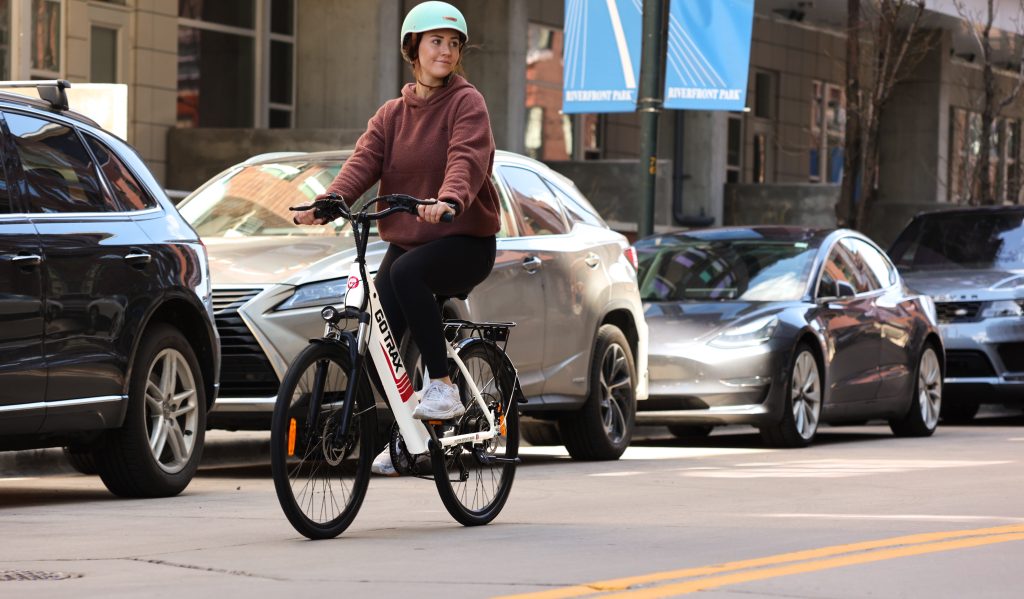Unregulated e-bike companies create mess with undocked e-bikes
Founder and CEO of e-bike technology company Swytch, Oliver Montague, discusses how this problem can be avoided
In recent years, cities across the UK have experienced a new type of mess, rented e-bikes littered across pavements. This is due mostly to the fact that companies that have set up e-bike rental services, including Lime and Tier, are largely unregulated and don’t require docking stations, unlike “Boris-Bikes”, meaning people can leave them virtually anywhere. Industry expert and founder of the e-bike technology company Swytch, Oliver Montague, knows that e-mobility is the future of inner-city transport, but says that it needs to be properly regulated.
Since the rise of e-mobility in cities, companies have seized the opportunity to set up rental e-bike services, with over 11,500 shared e-bikes in London alone at the end of 2021, but this is mostly unregulated, allowing users to drop the bikes anywhere, creating a mess on the streets. This has also caused a major problem for the visually impaired, who have to manoeuvre around the detritus. Currently, there is very little governmental authorities, such as the London Mayor’s Office, can do. On one side, they want to encourage people to avoid using cars and help ease pressure on other public transport, with a recent £200 million fund in cycling infrastructure, but also want to avoid the unregulated growth of e-bike rentals, and the mess caused by them. Whilst the future of personal travel is going in the direction of e-mobility, there is more to be done to alleviate these teething problems.
Industry expert and founder of the e-bike technology company, Swytch, Oliver Montague, knows that the future of personal travel is rooted in e-mobility, but knows more needs to be done to stop the mess caused by unregulated renters. Private e-bike ownership can help alleviate some of the mess on the streets, taking away demand for rented e-bikes by making private ownership more accessible, and converting an ordinary bike to an e-bike using a Swytch kit makes this affordable.
Oliver Montague, CEO and Founder of Swytch commented:
“There have been encouraging steps in terms of cycling infrastructure, but dockless e-bikes have sidestepped any regulation the government has attempted to implement. Swytch kits, which convert regular bikes into e-bikes, help tackle this issue by making it both easier and cheaper to use e-mobility, with increasing private ownership taking away from the current demand for rented e-bikes.
“E-mobility is the future of travel – and we should be looking to embrace it in the safest way possible. Whilst the e-bike represents the most efficient way to get around, if regulated in a safe way, it is currently becoming more of a hindrance to Londoners than an aid. Despite initiatives to improve cycling infrastructure in the UK, with the government recently allocating a £200 million fund, more can be done to create safer cycling routes. It’s great to see Brits are urging government officials to make active travel safer and more accessible for everyone, a sentiment we can more than get behind considering providing greater accessibility to e-bikes is a huge focus for Swytch.”



